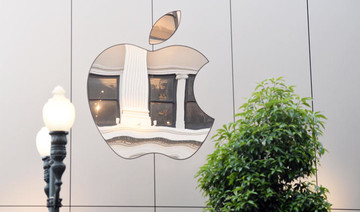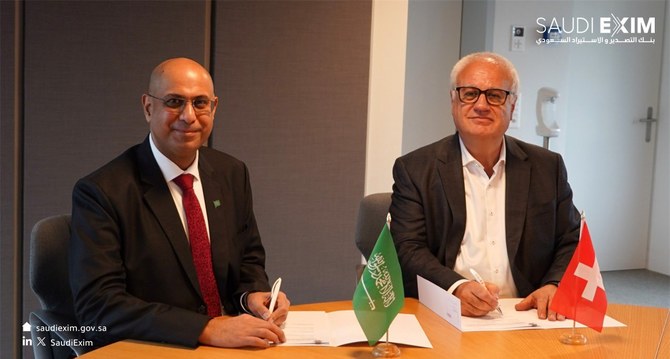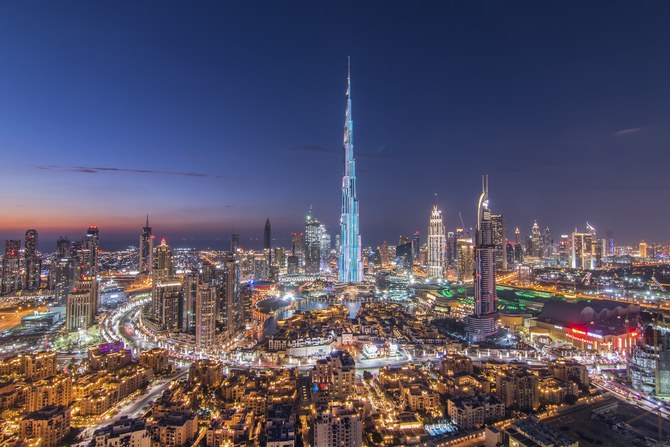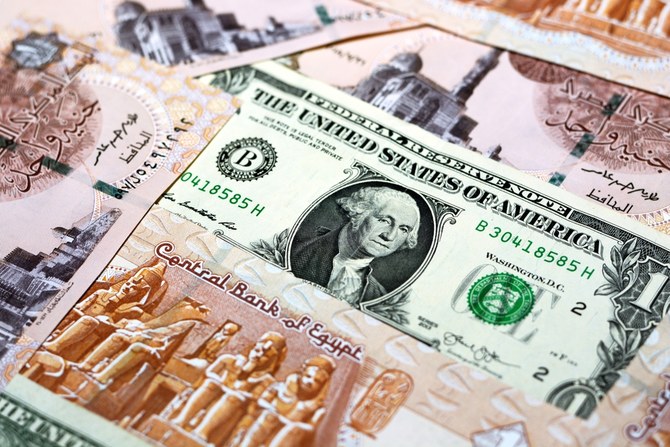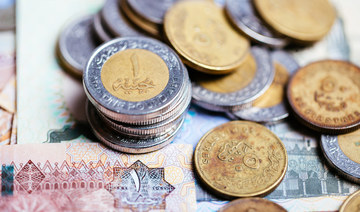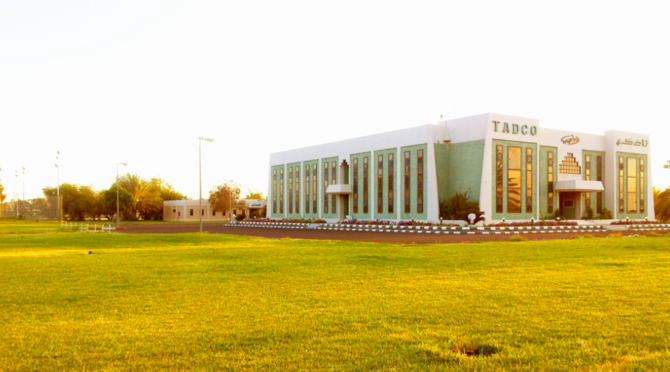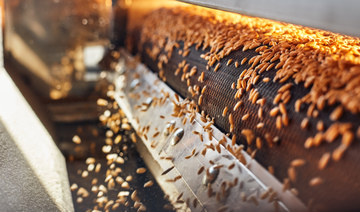CUPERTINO: 19:45 - And there we have it. Tim Cook brings an end to the launch of the brand new iPhone models and Apple Watch. Don't forget, those of you in Saudi Arabia and the UAE will start receiving yours from Sept. 21, with Oman and Bahrain getting shipments a week later.
19:30 - We have a "New Phone Alert"... Apple has announced its third new iPhone - the iPhone XR. It is made from aerospace grade aluminium, and has more durable glass. It will come in six colours - white, black, blue, coral, yellow, red. It has a fantastic-looking LCD display too...

19:25 - Good news for business/leisure iPhone fans - the iPhone XS has dual-Sim capability. This will mean you can use two phone numbers on the same iPhone at the same time.
This dual-Sim capability will require support from carriers - which Apple says it is working on...
19:15 - Now for the important part - for most of us, anyway - what is the camera like? The new dual camera system on the iPhoneXS has a 12 mega-pixel-wide-angle and 12 mega-pixel telephoto camera, with an improved True Tone flash. The photos do look beautiful, in fairness...

19:05 - We are now being treated to gaming and sporting sides of the new iPhone. All very impressive technical detail and lovely images. Three players took to the stage to play an arcade shooter game at the same time, from three different phones.
Apple have got these product launches nailed down, that's for sure. It is addictive viewing, I can tell you...
18:55 - The important, behind-the-scenes changes to this phone are led by the inclusion of the A12 bionic chip. Both the iPhone XS and iPhone XS Max will have them.
It is 50 per cent more energy efficient and faster than previous processor, with apps loading 30 percent faster. The A12 Bionic chip has an 8-core design - allowing it to run more advanced machine learning. Apple calls this a "breakthrough" and says performance is "unmatched."

18:50 - Apple’s facial recognition system, Face ID, is now even faster than ever before. All you have to do is look at your phone to unlock the device, and view notifications. Apple confirms it is the most powerful facial recognition system in any smartphone on the market.
18:45 - Now, we're on to the 5.8 inch and 6.5 inch, 3.3 million-pixel iPhone XS...a man called Phil is letting us know all we need to know about the "most beautiful phone Apple has ever created."
The screen is almost edgeless, and both the front and back are made from durable glass. It comes in three finishes of gold, silver and space grey, and they are all protected with IP68, meaning they’re water resistant and dust proof.

18:40 - So, to summarise, the key features of the Apple Watch Series 4 include: Larger display, 2x faster performance, louder speaker, fall detection, can take ECGs and 18-hour battery life...and will be available in the UAE on September 21 on Etisalat...

18:30 - Best news for normal consumers like you and me, is that the battery life of the Apple Watch Series 4 will be 18 hours, with GPS life around about 6 hours - "perfect for marathons or long bike rides" we are told...
18:20 - The back of the Apple Watch is made from black ceramic and sapphire crystal, and allowed radio waves to pass through the front and back - improving cellular reception. It can even tell when you have had a fall or when your heart-rate is too low. The first ECG product to be available to consumers over-the-counter. Believe it or not...

18:15 - Apple Watch Series 4 is revealed, a bigger screen with minimal changes to the case size. More information, in more detail on a redesigned watch-face. Speakers have been improved, meaning you can hear "Siri even louder" and "phonecalls evern clearer."
Apple are really plugging the "health and fitness" angle so far...

18:10 - Tim Cook reveals, in a very enthusiastic opening monologue, that Apple is about to shift its two billionth device. Impressive stuff. Stick with us through the back-slapping, we will be revealing product details soon...
18:05 - Tim Cook arrives on stage, and we're ready to go...
18:00 - We are currently being treated to a Mission Impossible-themed pre-event video. Very amusing...
Apple are ready to launch their newest iPhone models at their Cupertino headquarters. Follow us live for all the latest updates...




